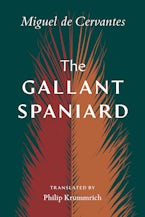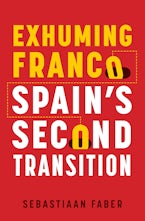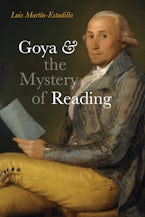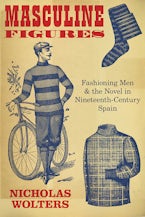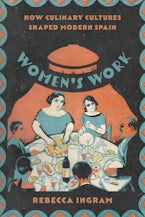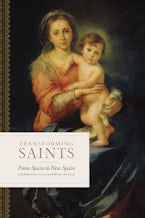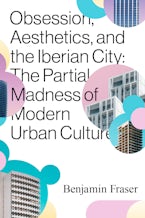- Home
- The Paradox of Paradise
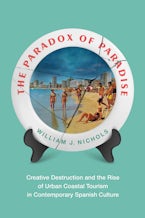
The Paradox of Paradise
Creative Destruction and the Rise of Urban Coastal Tourism in Contemporary Spanish Culture
In addition to inserting the coasts into the scope of Iberian urban studies (typically dominated by studies of Madrid and Barcelona), this project breaks new ground by bringing to the fore unexplored cultural artifacts vital to the narrative of development along the coasts in Spain—in particular the ubiquitous tourist postcard, which advances not only the post-Franco economic miracle, but does so by highlighting the transformation of the actual Spanish landscape along its coasts.
The Paradox of Paradise features more than twenty-five striking images of coastal Spain in the throes of its own coming of age. Author William J. Nichols has unlocked a strange, self-conscious archive that tells us as much about our own age of advertising as it does about the hotels and resorts and people on display.
Introduction: Concrete Coasts and Liquid Tourism
Chapter 1. Designing Desire: Hotels and the Architecture of Paradise as the
Chapter 2. Scenes from Paradise: Postcards, the Tourist’s Gaze, and the Generation of Dreams
Chapter 3. Empty Tourist Spaces: Paradise, Satire, and the Photography of Martin Parr and Carlos Pérez Siquier
Chapter 4. From Tourist Paradise to “Paraíso Fiscal”: Construction, Corruption, and the Legacy of Jesús Gil
Conclusion
Notes
Index
“William J. Nichols significantly expands the horizon of Iberian Urban and Tourism Studies by charting the trajectory of coastal tourism in Spain from the tardofranquismo years of the so-called Spanish Economic Miracle to the present. Nichols showcases Torremolinos and Benidorm as the emblem of coastal towns urbanized in the 1960s to become the sand and sun playgrounds of Northern European tourists, but also as models of the dire consequences of the commodification of space under unregulated speculation, political collusion, and corruption. Groundbreaking in its inclusion of the tourist postcard and tourism brochures as important cultural texts that need to be read alongside film, literature, photographic images and new media like Instagram, The Paradox of Paradise makes a unique and timely contribution that furthers our understanding of the narrative of development in Spain."
—Silvia Bermúdez, author of Rocking the Boat: Migration and Race in Contemporary Spanish Music
“The Paradox of Paradise takes the readers to a critical journey along the Spanish Mediterranean coast, from the Costa Brava to the Costa del Sol. Traveling through beaches and hotels, examining novels and films but also photographs, postcards, and tourist propaganda, the book provides an insightful, revealing look into Spanish cultural history from the tourism and construction booms of the desarrollismo years all the way through present, post-2008 times. A fascinating read, and a major contribution to contemporary Iberian cultural, tourism, and urban studies."
—Jorge Marí, editor of Tracing the Borders of Spanish Horror Cinema and Television"The Paradox of Paradise asks important questions about Spain’s post-Franco ‘economic miracle’: who controlled the narrative, who was left out and how it shaped the country’s coastal cities. Informed by key concepts from tourism, urban and environmental studies, Nichols’ approach adds an important chapter to the story of Spain’s modernization process."
—Susan Larson, author of Constructing and Resisting Modernity: Madrid 1900-1936
“In The Paradox of Paradise, Nichols peels back the veneer of the spectacular and sun-soaked city to expose the labor of leisure. This is an immersive and insightful look at the contradictions of coastal capital that will interest readers across the humanities and social sciences."
—Benjamin Fraser, author of Obsession, Aesthetics and the Iberian City: The Partial Madness of Modern Urban Culture
"In this original and engaging contribution, Nichols assembles a range of cultural productions to illuminate the making of a major Spanish tourist center."
—Sasha D. Pack, author of The Deepest Border: The Strait of Gibraltar and the Making of the Modern Hispano-African Borderland
"This project inserts the cultural history of Spain after the second half of the twentieth century into the debates revolving around urban history, consumer capitalism and its consequences, and the tourism industry. The array of visual, written, and even acoustic primary sources used here is impressive, and so is the author’s knowledge of secondary sources."
—Eugenia Afinoguénova, author of The Prado: Spanish Culture and Leisure, 1819–1939

